A Legal Comparison: Corporation vs. Partnership
Entrepreneurship is a roller-coaster ride filled with numerous legal intricacies and pitfalls. One of the most important decisions budding entrepreneurs have to make is choosing the most ideal legal structure for their business. In Rhode Island, two of the most popular forms of business structures are corporations and partnerships. In this article, we will explore the differences between these two forms of business structures so that you can make an informed decision.
Formation
The first distinction between corporations and partnerships is their formation. In Rhode Island, corporations come into existence through the filing of Articles of Incorporation with the Rhode Island Secretary of State's office. Corporations are separate legal entities from their owners or shareholders, making them liable for their own debts and taxes. On the other hand, partnerships do not require formalities for their formation. A simple agreement between the partners is sufficient to form a partnership. Partnerships are not separate legal entities, and the partners are personally responsible for all the partnerships' debts and taxes.
Liability
In a corporation, shareholders are not personally liable for the corporation's debts or legal actions. The corporation exists as a separate legal entity, and shareholders are only liable for their investments in the corporation. In a partnership, however, all partners are jointly and severally liable for the partnership's debts and legal actions. This means that each partner is responsible for any legal obligations or debts that the partnership incurs, regardless of any agreement between the partners.
Management Structure
Corporations and partnerships also differ significantly in their management structures. In a corporation, the shareholders elect a board of directors who are responsible for making decisions about the corporation's operations and hires a management team to carry out those decisions. In contrast, partnerships are managed by the partners themselves and require a unanimous vote to make any major decisions.
Taxation
Corporations and partnerships have different tax implications. A corporation is taxed as a separate legal entity, and the corporation itself pays taxes on its profits. Shareholders also pay taxes on dividends received from the corporation. Partnerships are pass-through entities, and profits are taxed as personal income for each partner. Partners are required to report their share of the partnership's income on their personal tax returns.
Choosing the right legal structure for your business is crucial. Corporations and partnerships are two of the most common business structures in Rhode Island, and they have distinct differences when it comes to formation, liability, management structure, and taxation. While corporations can provide protection for shareholders and a more traditional management structure, partnerships can offer more flexibility and simplicity. Consult with a lawyer or business advisor to determine which legal structure is best for your business goals and needs.









